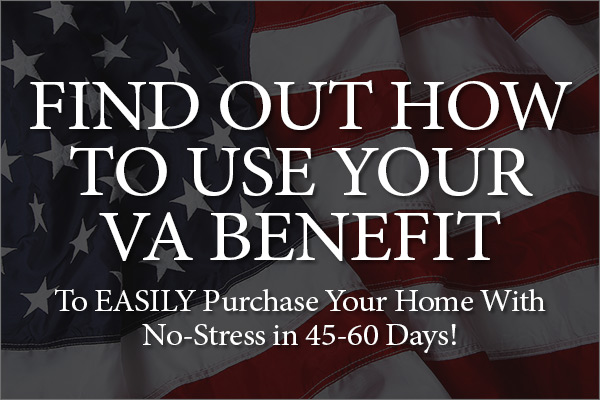Becoming debt-free is probably one of the top desires of most people; especially first time home buyers. That’s because having too much debt can be a real obstacle for first time buyers. But notice I said top desire not top priority.
That’s because a desire is something that a person wants strongly. However, this differs dramatically from a priority; which is something that’s given special and deliberate attention above other things.
We all have lots of desires – a nicer house, a promotion, to take a vacation, or even to reconnect with a loved one. However, we tend to have very limited priorities.
In regards to becoming debt-free, many people desire to live a debt-free life but very few are willing to take the steps to turn that desire into an actual priority. Thus, getting results.
And if you desire to become a first time home buyer – then you must make lowering or eliminating your debt a real priority.
Turning any desire into a priority requires disciplined action. In order to turn the desire of becoming debt-free into a priority one MUST do 5 specific actions.
You Must Track Your Expenses
Tracking what you spend in detail over a set period of time, say two months, will give you a clear picture of where your money is going each month. We all think we know what we spend money on until we analyze our bank statements.
“Wow! I didn’t know I ate out that much!” That’s the revelation I got when looking at my statements one month. Prior to that day, I wouldn’t have considered myself one who spent too much money eating out.
We all tend to see ourselves in good light, but that perspective isn’t always helpful in making positive progress toward change. So, look at everything you spend money on and let that be your guide in finding any “money leaks” in your budget. If you do find a leak, for instance eating out too much, make a plan to bring a lunch to work and cook dinner at home for a season.
You Must Pay Yourself First
A person without any savings is like a boater going out to sea without a life-jacket. Your savings is your help in times of need. And not having any is not a good idea. Not to mention that having to borrow money from a bank, your credit card, or even friends and family has a price – even if it’s not money.
Start small by making consistent payments each month even if it’s just $25-$50. Any little bit will add up over time.
In addition, if you found any money leaks in your monthly spending; find out the average amount spent each month and apply that amount or a portion of it toward starting your savings fund.
You Must Make Tough Decisions
In order to make progress in any area; tough decisions must be made. It’s all apart of life and it’s no different with getting out of debt. Once you patch up any money leaks and start building your savings; you need to be prepared to go deeper and reach a little further to reach your goal.
Maybe you’re a single person who’s living on your own and feel the pinch at the first of every month. Have you ever thought about getting a roommate? Or what about cutting the cable? Or even getting a part-time job to bring in some extra debt paying money? Some of these decisions are tougher than others, but whatever sacrifices you come up with will be worth it in the end.
You Must Know Your Credit Report
In order to effectively pay off your debt; you have to know what needs to be paid off. All your outstanding credit should be filed with the credit bureau. Therefore, your credit report will let you know where you stand. Understanding your credit and how the credit system works will put you above the vast majority of Americans, and will get you started with a focused plan of action. You can get a free credit report annually at www.annualcreditreport.com.
You Must Pay Off the Small Debts First
Once you have your credit report and you know all your outstanding debt, you need to decide which debts to pay off first. Dave Ramsey of Financial Peace University recommends to pay off your smallest debts first. He calls this the Debt Snowball. It works rather well by creating momentum and excitement after the small debts are paid off more easily. Once you pay off the smallest one first, you then take that money and apply it toward the next one on the list. So on and so forth. Thus, creating a snowball effect.
When you make becoming debt free a priority and follow the above MUST’s; you’re sure to see positive results very soon. And it will surely open the door to your homeownership dream!
How did you pay off your debts? Let us know how you did it. What worked? And what didn’t?
Leave a comment below!






